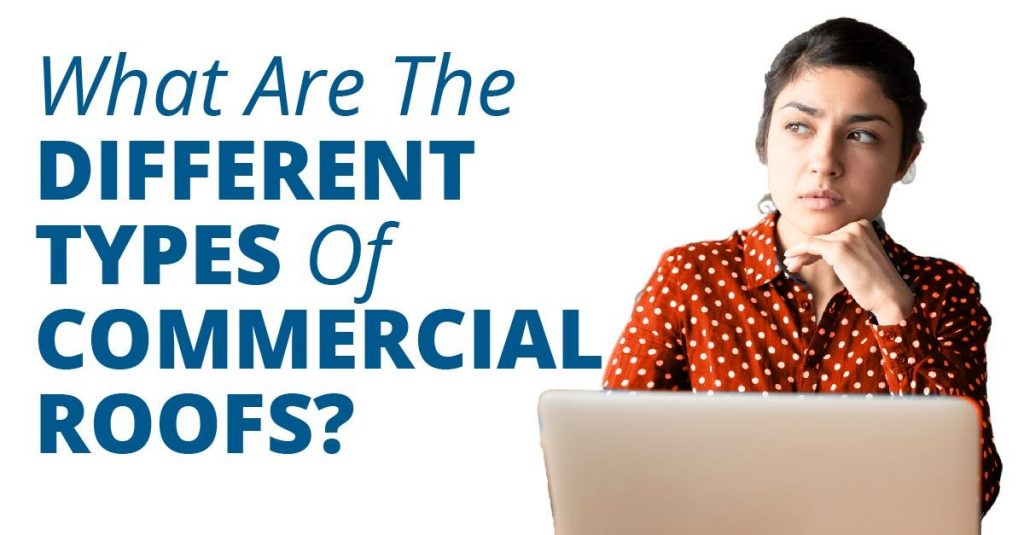
Your Los Angeles commercial property has a wide variety of roofing material options available. Whether you’re looking for an efficient roof replacement or repair project or searching for the best commercial roof coating, you’ll want to know the key differences between the roofing materials, their lifespan, as well as their pros and cons. Read on to learn more about the different types of commercial roofs.
Built-Up Roofing Membrane
Commonly known as BUR, built-up roofing is essentially your “tar-and-gravel roof.” BUR uses a combination of reinforced fabric and bitumen to create multiple layers. With a lifespan of 15 to 20 years, the roof provides a watertight seal and allows for heavier traffic on the roof.
However, this type of roofing is easier to puncture, not as flexible or resilient in cold weather, and makes it difficult to find the source of a leak because of the multiple layers.
TPO
TPO or Thermoplastic Polyolefin is a type of rubber membrane roofing. It is durable, flexible, energy-efficient, and resistant to mold growth and dirt buildup. Its flexibility helps the material adapt to the movement and setting of your building.
TPO is UV-resistant, recyclable, and lightweight for quick and easy installation. With regular maintenance and repairs, this roofing material can last around 20 years.
PVC
PVC is made from two layers of thermoplastic material with polyester added to act as reinforcement. The seams are welded using heat to create a permanent bond between the layers, making the roofing material incredibly strong.
PVC has a lifespan of 15-30 years and is one of the most popular commercial roof materials thanks to its durability, long service life, eco-friendliness, and resistance to water, chemicals, fire, and wind.
These features, however, come at a higher price. Also, your PVC roofing material will be prone to shattering and punctures. To prevent this, you should prohibit roof traffic and schedule maintenance on warmer days.
Modified Bitumen
Modified bitumen is an advanced asphalt product often reinforced with one or more layers of fabric such as glass fiber or polyester. This type of commercial roofing can be installed using self-adhered or hot or cold applications.
Modified bitumen has a lifespan of 12 to 20 years and offers high tensile strength, low VOC levels, heat-reflective properties, recyclability, and resistance to inclement weather.
One of the drawbacks of modified bitumen roofing is it absorbs heat rapidly, which can lead to warmer buildings if adequate insulation is not installed. Also, it can be difficult to identify the source of a leak because the layers seal perfectly.
Extend Your Commercial Roof’s Life
From the heat of the sun to the impact of hail and strong winds, the surface of your commercial roof is constantly taking a beating. That is why we recommend the application of a roof coating treatment. Roof coatings provide a uniform membrane that helps protect the roof system.
Other benefits include:
- Increase the longevity of your roof
- Reliable protection
- Cost-effective investment
- Aesthetic improvements
- Seamless and waterproof
- Lightweight
- Highly reflective
- Reduce energy use
- Variety of coating options available
When it comes to Los Angeles commercial roofing, contact Roof Repair Specialist! We offer high-quality commercial roof coatings in Los Angeles, CA and the surrounding areas. When you work with us, we’ll do everything we can to ensure you’re 100% satisfied. What’s more, we dedicate the time and resources to making sure we do each job right the first time. Contact us to learn more about our commercial roofing service or schedule a roof inspection.




